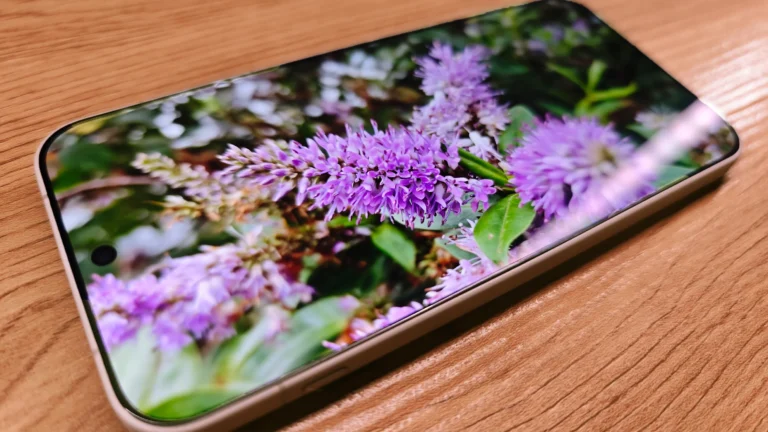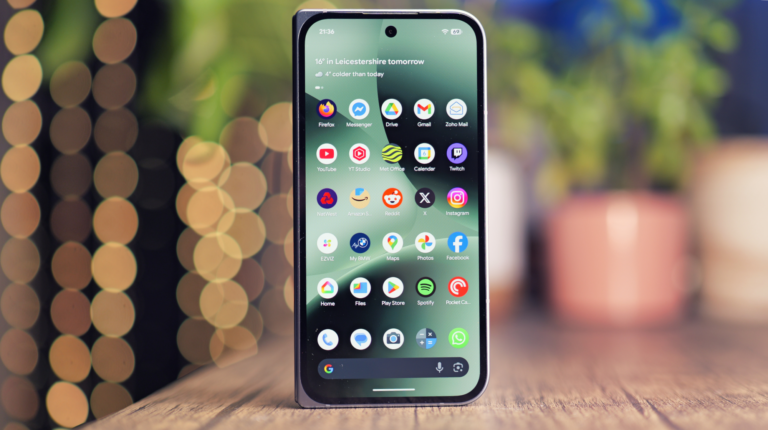POCO F8 Pro vs benchmark results: how does it perform?

Real-World Performance Based on Early Benchmark Numbers
The POCO F8 Pro targets high performance at a competitive price, and early benchmark leaks help paint a clear picture of how powerful it really is. While the device hasn’t officially launched, the numbers already give a strong indication of what users can expect in everyday use, gaming and multitasking.
Early benchmark scores show the POCO F8 Pro achieving strong single-core and multi-core results, placing it comfortably in flagship territory. These numbers reflect how quickly the phone can process tasks like app loading, browsing, switching between apps and running high-demand operations. A strong single-core score means the phone feels fast and responsive in daily interactions, animations and light productivity work.
The multi-core performance indicates how well the phone handles heavier workloads. This includes gaming, rendering, multitasking, video editing on mobile and running multiple apps in the background. The impressive multi-core output suggests the F8 Pro can keep up with demanding tasks without slowing down prematurely. For users who frequently switch between apps or keep several tasks running at once, this level of performance ensures a smooth experience.

Benchmark numbers also hint at efficient hardware management. Strong scores imply that the chipset inside the POCO F8 Pro is well-optimised and capable of delivering performance bursts when needed. Even though final software tuning may slightly shift numbers, the overall capability should remain strong enough to keep the phone future-proof for several years.
However, benchmarks alone don’t show everything. Sustained performance depends on cooling and thermal design. While the peak numbers look impressive, the real test will be how the phone behaves during marathon gaming sessions or prolonged heavy use. If the cooling system is effective, the F8 Pro should maintain high frame rates and consistent responsiveness even under stress. If not, throttling may reduce performance over time.
Another factor benchmarks don’t fully capture is battery endurance. A powerful chipset requires smart power management to balance performance with longevity. The POCO F8 Pro’s battery capacity and optimisation will determine whether users can enjoy extended high-performance use without needing to recharge frequently.
Even with these considerations, early results are promising. The POCO F8 Pro appears poised to deliver flagship-level speed at a significantly lower price. For users who value strong performance for gaming, productivity or long-term use, the device stands out as a compelling option. The real-world verdict will depend on sustained performance, heat control and final software optimisation once the phone fully launches.






